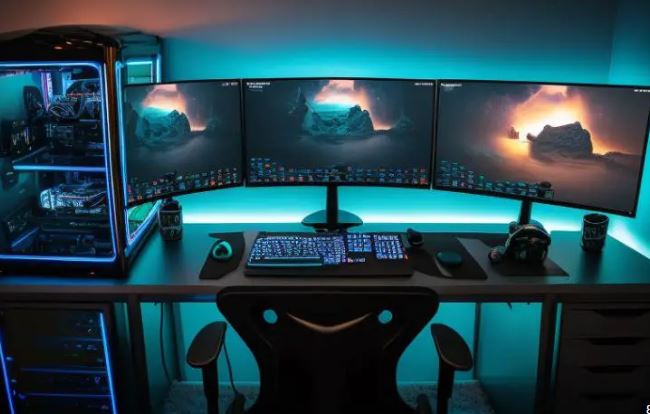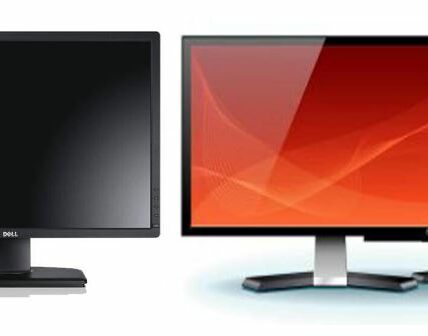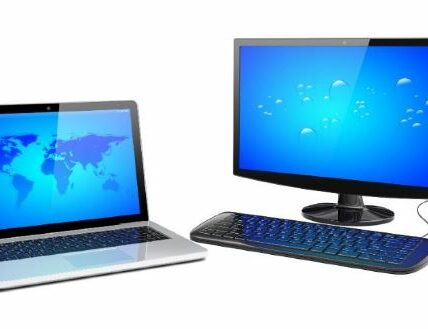To optimize your desktop computer for gaming, there are several steps you can take to enhance performance and ensure a smoother gaming experience. Here are some tips to help you optimize your system:
1. Update Graphics Drivers: Ensure that your graphics drivers are up to date. Manufacturers regularly release driver updates that improve compatibility with the latest games and optimize performance. Check your graphics card manufacturer’s website or use a driver update software to ensure you have the latest drivers installed.
2. Adjust Graphics Settings: Most games allow you to adjust graphics settings to optimize performance. Lowering settings such as resolution, shadows, anti-aliasing, and post-processing effects can significantly improve frame rates. Experiment with different settings to find a balance between performance and visual quality that suits your preferences.
3. Close Background Processes: Close any unnecessary background processes and applications before gaming. Resource-intensive applications running in the background can put a strain on system resources and affect gaming performance. Use the Task Manager (Ctrl+Shift+Esc) to identify and close resource-consuming programs.
4. Optimize Power Settings: Set your power plan to high performance. By default, computers may have power-saving settings enabled, which can limit the performance of your system. Adjusting the power plan to high performance mode ensures that your computer operates at its maximum potential during gaming sessions.
5. Defragment Hard Drive: Regularly defragment your hard drive to optimize read and write speeds. Over time, files become fragmented, resulting in slower performance. Use the built-in Windows Disk Defragmenter or third-party software to defragment your hard drive and improve game loading times.
6. Keep Your System Cool: Overheating can negatively impact gaming performance. Ensure that your computer has proper cooling by cleaning dust from fans and vents regularly. Consider investing in additional cooling solutions, such as more powerful fans or liquid cooling, if necessary.
7. Upgrade Hardware: If your system is struggling to run the latest games smoothly, upgrading hardware components can provide a significant performance boost. Consider upgrading your graphics card, increasing RAM, or even replacing your CPU if necessary. Consult with a professional or do thorough research before making any hardware upgrades.
8. Monitor and Manage Resources: Keep an eye on your system resource usage using software like Task Manager or third-party monitoring tools. Monitor CPU, GPU, and RAM usage while gaming to identify any resource bottlenecks. If necessary, close unnecessary applications or adjust in-game settings accordingly.
By following these tips, you can optimize your desktop computer for gaming and enjoy a smoother, more immersive gaming experience. Remember to keep your system updated, clean, and properly maintained to ensure optimal performance over time.




